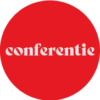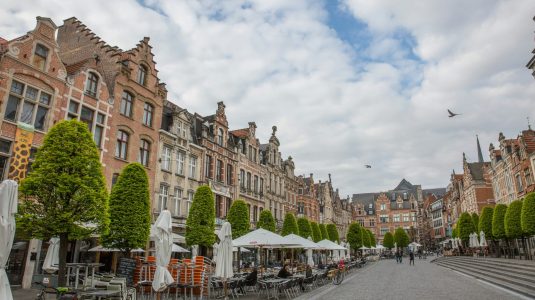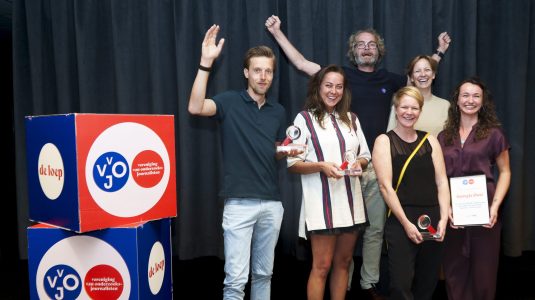 COUNTDOWN TO BRUSSELS 2008
COUNTDOWN TO BRUSSELS 2008
News surfacing through freedom of information legislation (aka ‘wobbing’) is no exception. Journalists from all over Europe will be sharing their wobbing experiences during the European Investigative Journalism Conference in Brussels. “Through wobbing you can get out documents that you else most likely would not get”, said Copenhagen based German born reporter Brigitte Alfter.
15 days to go until the European Investigative Journalism Conference in Brussels on November 21 and 22. A series of short interviews looks ahead at the programmed panel sessions and CAR-workshops. Episode 6: ‘Wobbing in Europe’.
By Arno Kersten, 6 November 2008
Alfter is the perfect host to the wobbing sessions. Getting detailed data about farm subsidies European governments receive from the European Union would have been impossible without using freedom of information legislation. Farmsubsidy was awarded the IRE Freedom of Information Award and nominated for the Danish Cavling Award for journalists two years ago. It still stands out as a monumental crossborder example of retrieving data using wobbing requests.
“There are indeed huge differences between the various countries – both regarding the quality of the law itself, regarding the knowledge and goodwill of the officials, who deal with it, but not least also regarding the knowledge of the journalists”, said Alfter in a Skype chat interview. “My point is – and research even in wob-difficult countries shows – that through wobbing you can get out documents that you else most likely would not get.”
“As any other method, you have to get started and you’ll grow more experienced, as you use the method over and over again. The aim of Wobbing Europe is to share experiences, resources and inspiration, so that novice wobbers get encouraged, and more experienced wobbers can refine their methods by sharing their experience”, said Alfter.
Of course, journalists compete for information. Still, that should be no reason not to share best practises how to get governments to release their documents. “Of course journalists compete – and they should!”, said Alfter. “However when we share experiences and compare notes on that, we have a mutual interest – even within one country or language group. Because if for example the Dutch wob would be threatened through bad legal practice or a change of the legislation into a more restrictive direction, that would concern all colleagues.”
Alfter continued: “And on the other side: if you have a good decision on a wob-case, your colleagues will be able to learn from the method to get to that decision and apply it for their own story. The experience can be shared, the story – of course – cannot be shared before publication. On crossborder cooperations that is a different story, of course, because there is no competition due to language.”
Wobbing in Europe is a string of round table sessions. Starting Friday November 21 at 2 pm, there are more round table sessions on Saturday 22 at 9 pm and 2 pm. In addition there is also a regular panel session about Wobbing Europe Friday at 3.45 pm. The programme will be finalised very shortly.
Don’t forget to take a look at:
Open secrets, a blog about freedom of information by Martin Rosenbaum (BBC)
Farmsubsidy
Wobbing EU

